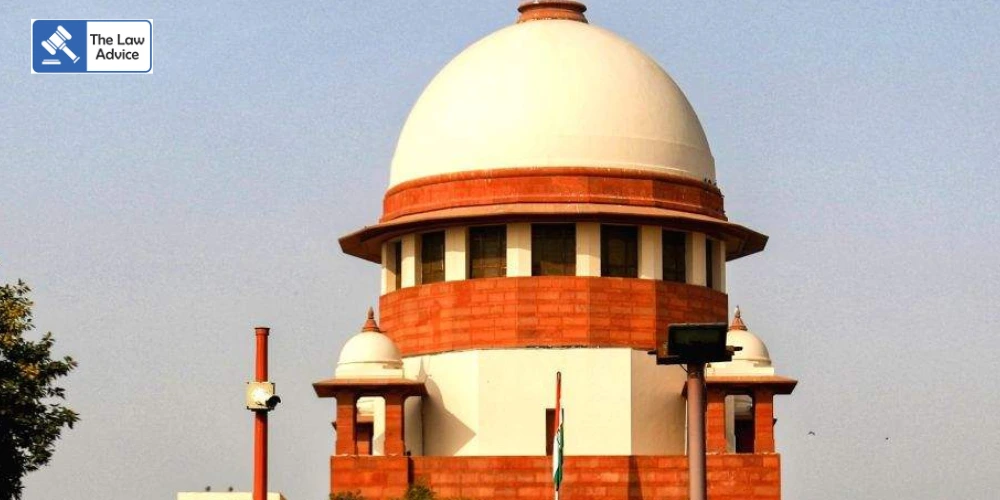
Supreme Court Bar Association (SCBA) President Vikas Singh on Wednesday reiterated the urgent need to finalise the long-pending Memorandum of Procedure (MoP) for judicial appointments, stressing that although the collegium system continues to be the most suitable model, it requires enhanced transparency and accountability. He made these observations while speaking at the Supreme Court during the Constitution Day celebrations.
Addressing concerns around judicial appointments, Singh urged the Chief Justice of India, the Union Law Minister, and the Collegium to expedite the MoP — pending since 2016 — asserting that a clearly defined and credible framework would significantly improve the quality of judges appointed to constitutional courts. While expressing firm support for the collegium mechanism, he maintained that accountability provisions must accompany it.
“I would earnestly appeal to the Hon’ble Chief Justice of India, the Law Minister, and the collegium members that the MoP, unresolved since 2016, must be completed without further delay. This structured procedure will ensure better judicial selection and greater trust in the process. The collegium is undoubtedly the most effective method for judicial appointments, but it needs accountability — through either parliamentary legislation regulating its functioning or through a well-drafted Memorandum of Procedure,” he said.
He also renewed his call for a transparent and institutionalised framework to evaluate Supreme Court practitioners for elevation to the Bench. He suggested that the MoP should include a system where applications are invited and the performance of Supreme Court lawyers is regularly reviewed alongside that of High Court advocates.
“With a proper MoP in place, a fair process can be established to consider Supreme Court lawyers for judgeships. The Chief Justice is keen to move in this direction, but without an official mechanism, not all eligible candidates will come into consideration. We need a routine system that examines merit comprehensively and elevates the most deserving individuals,” Singh added.
Judicial Infrastructure
Highlighting infrastructure gaps in the judiciary, Singh pointed to alarming examples such as district courts in Bihar where litigants are compelled to bring their own paper due to shortages — calling such realities unacceptable. He urged the government to invest substantially in improving lower court facilities. Singh also stressed the importance of continuous, high-quality judicial training, noting that judges often encounter specialised legal domains only after reaching the apex court.
“Training is irregular and insufficient. Judges face new and complex legal issues every day. Several judges have acknowledged that certain subjects they handle in the Supreme Court were unfamiliar to them during their High Court tenure. Robust and periodic training at all levels — including sessions where Supreme Court judges train their counterparts — must be prioritised. Though infrastructure for training exists in states, it needs stronger execution,” he remarked.
On the issue of access to justice, Singh acknowledged NALSA’s efforts but said that India’s size poses a significant hurdle in extending legal aid effectively to remote areas, making stronger infrastructure critical.
He further recommended bringing Bhagwandas Road within the Supreme Court complex to enhance facilities for litigants, lawyers, and the institution — adding that the redevelopment of Kartavya Path should have created a dedicated judicial district.
Raising the issue of welfare for the legal fraternity, Singh flagged the lack of social security and medical support for advocates, proposing that regular Supreme Court practitioners be covered under the CGHS scheme.
In his concluding remarks, Singh said Constitution Day should serve as a moment of self-reflection on the promise of the Constitution. Access to justice, he said, depends on three essential components — sound lawmaking, timely justice delivery, and a system that remains reachable and affordable for citizens.
Referring to Dr. B.R. Ambedkar’s worries about the absence of eligibility criteria for legislators, Singh said that Ambedkar had placed trust in the electorate to choose capable leadership as seen during the freedom movement. However, he noted that this hope has not been fully met, pointing to the influence of illegal funds and increasing representation of individuals with criminal records in politics. He concluded by stating that India must collectively examine how to ensure the “right lawmakers enter Parliament.”
Website designed, developed and maintained by webexy